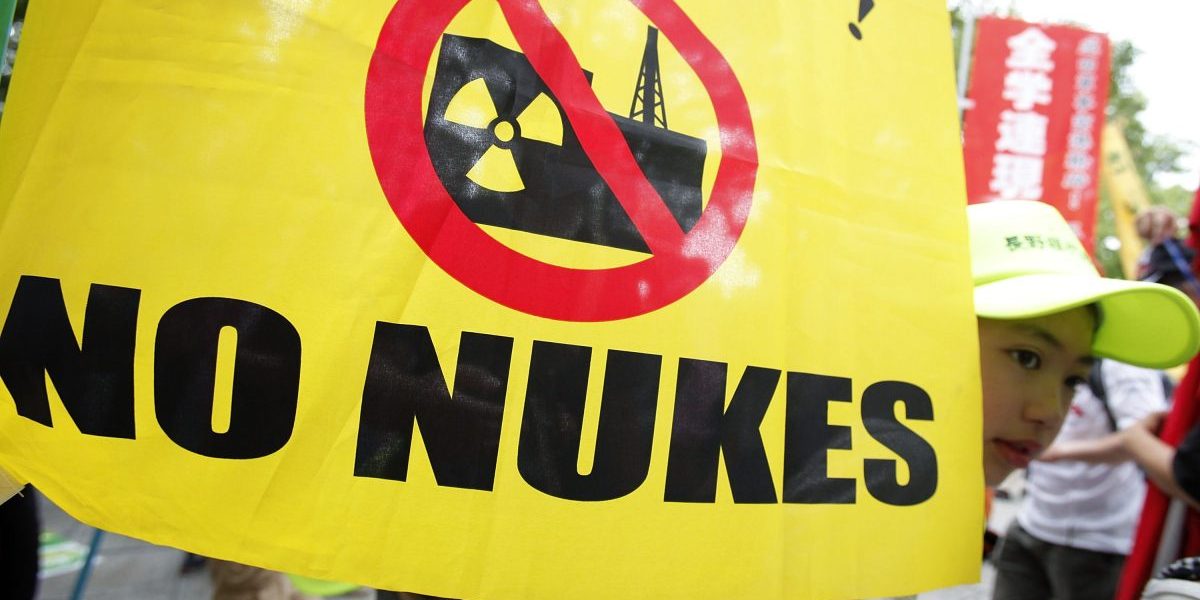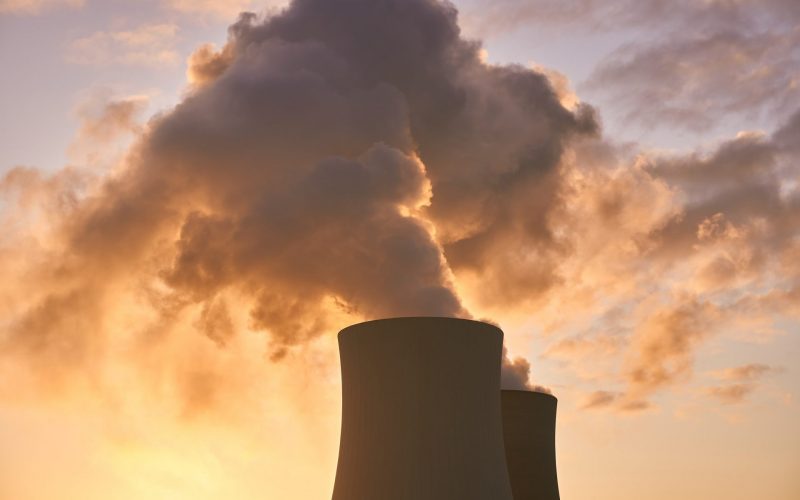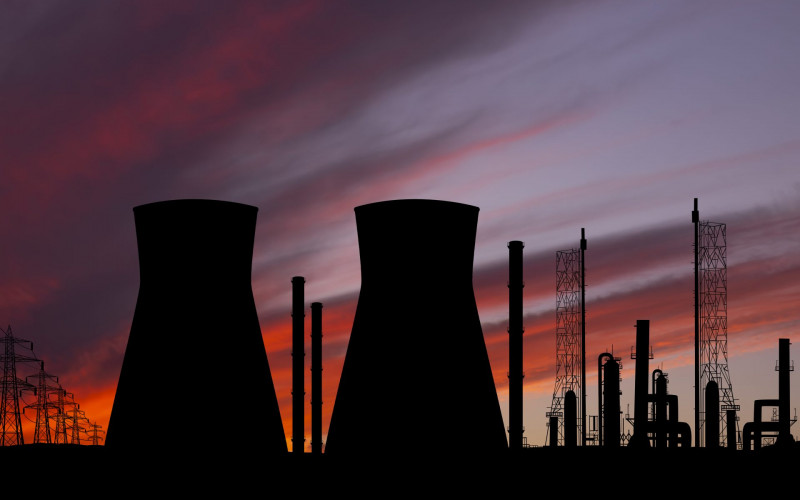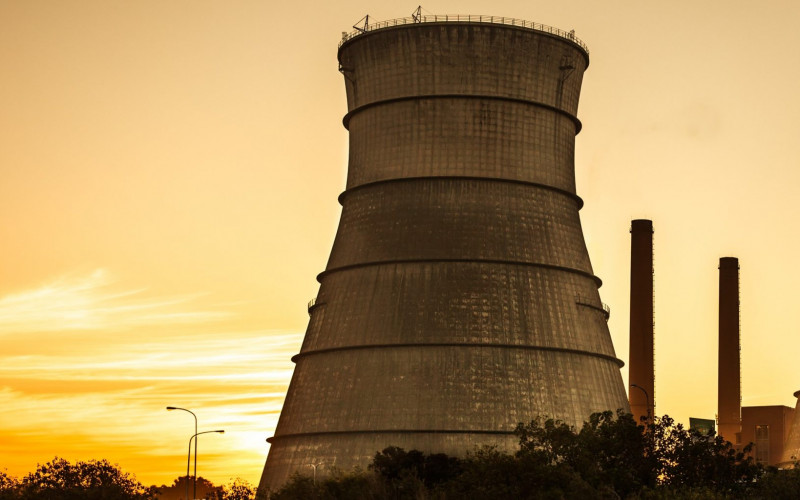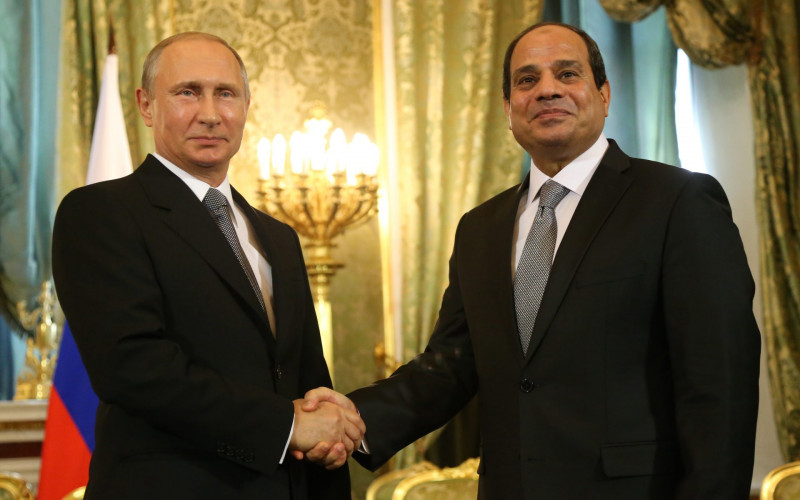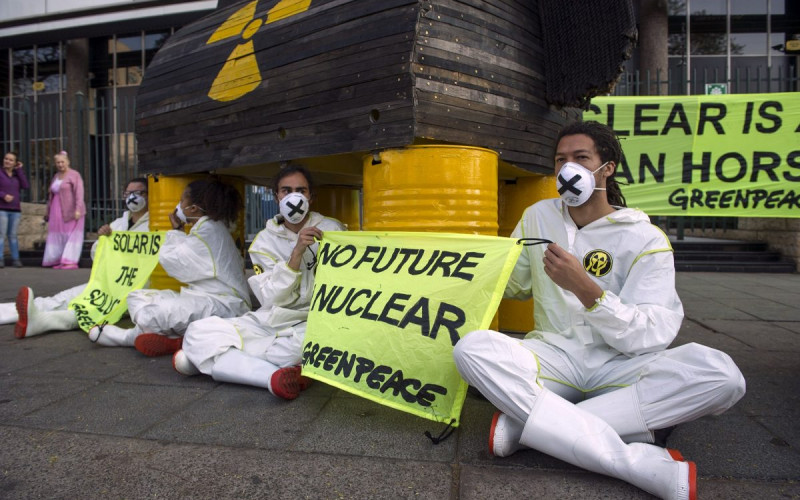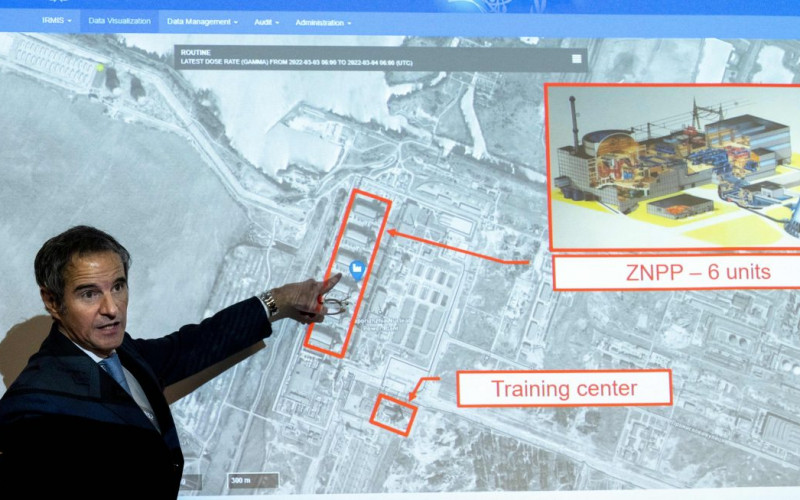Summary:
- The Treaty on the Prohibition of Nuclear Weapons (TPNW) reached the required threshold of 50 ratifications and entered into force on 22 January 2021.
- This represents an important milestone in global nuclear disarmament, as well as for African states that oppose the proliferation of nuclear weapons and are in favour of having the option of using nuclear energy for peaceful developmental means.
- However, the treaty’s entry into force does not solve the global threat posed by nuclear weapons, given that many states, including the US, France, the UK, Russia and China, remain outside it, as non-signatory states.
- Currently, 29 African states have signed the treaty but only nine have ratified it.
- While African support for the treaty reconfirms the continent’s commitment to a nuclear weapon-free world, more countries need to sign and ratify it.
- This policy insights proposes extending and enhancing the role and mandate of the African Commission on Nuclear Energy (AFCONE) to take responsibility for all of the continent’s disarmament affairs.

